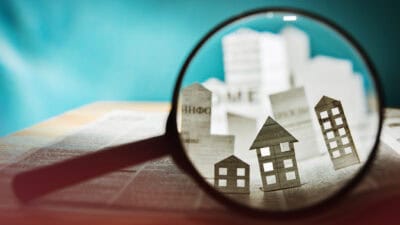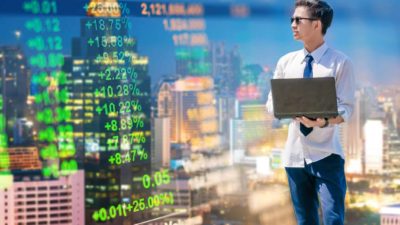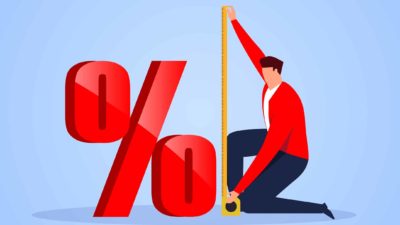There's no doubt the coronavirus pandemic is a traumatic event which the world has been forced to endure. Hundreds of thousands of people globally have lost their lives to this terrible disease. Furthermore, the economies of almost every country are expected to suffer significant impacts of the virus for years to come.
The economic fallout from COVID-19 is already negatively affecting incomes and living standards across the world. It's also being felt in the value of assets such as ASX shares.
But until now, much of this fallout has been more anecdotal than statistical.
According to reporting in yesterday's Sydney Morning Herald (SMH), however, the coronavirus pandemic is set to cost the Australian economy alone at least $170 billion. This has the potential to become an albatross around the neck of our economy for many years to come. The SMH also reported that former Reserve Bank of Australia board member Warwick McKibbin has compiled modelling that shows the economic costs of the pandemic could reach $220 billion over the next 5 years. Or, a staggering $446 billion if there is a 'second wave' of the virus.
For some perspective, the federal government's entire budget for the 2018-19 fiscal year was $482.7 billion.
The same modelling indicates the total hit to the global economy is set to come in at US$17.6 trillion if the virus is brought under control. And if it isn't, the total cost is estimated to be an almost incomprehensible US$35.4 trillion.
Women set to bear the brunt of coronavirus costs
Also worrying for Australians is separate modelling commissioned by parliamentarian Clare O'Neil of the Australian Labor Party. The SMH reported that Ms O'Neil's modelling (compiled by the Australian Bureau of Statistics) indicated 'huge unmet demand for extra working hours among low-skilled women even before the pandemic'.
But since coronavirus struck, Ms O'Neil's figures showed 457,500 women have lost work compared to 380,700 men. This suggests the brunt of the social and economic costs of the virus are being borne by women.
It's also a stark reminder of the social disparity that still exists in our society.
In some good news to round out the report though, the SMH advised that Commonwealth Bank of Australia (ASX: CBA) senior economist Belinda Allen found that, 'data from CBA bank accounts receiving the JobSeeker unemployment payments showed the labour market improving following a late-May peak in dole payments'.
"We do still think the unemployment rate will rise but we could get some improvement in hiring from here," Ms Allen was quoted as stating.
Let's keep our fingers crossed she's right.








